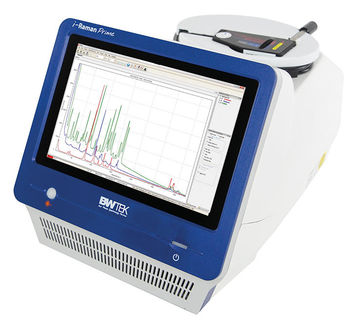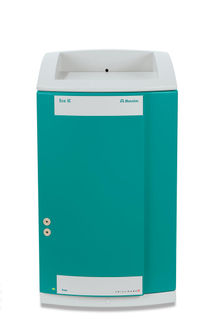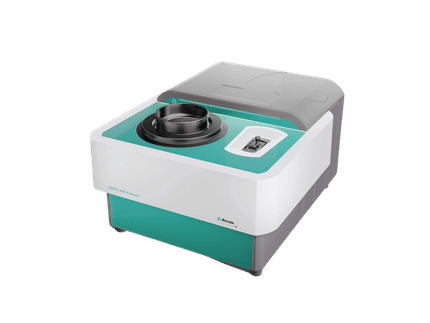To use all functions of this page, please activate cookies in your browser.
my.chemeurope.com
With an accout for my.chemeurope.com you can always see everything at a glance – and you can configure your own website and individual newsletter.
- My watch list
- My saved searches
- My saved topics
- My newsletter
Nicolas Leblanc
Nicolas Leblanc (December 6 1742 – January 16 1806) was a French chemist and surgeon who discovered how to manufacture soda from common salt. Product highlight
Earlier daysLeblanc was born in Issoudun, Indre, France. His father, a minor official at an iron works, died in 1751. Leblanc was sent to Bourges to live with Dr. Bien, a close family friend. Under the influence of his guardian, Leblanc developed an interest in medicine. When Bien died in 1759, Leblanc enrolled at the Ecole de Chirurgie in Paris (College of Surgeons) to study medicine. Graduating with a master's degree in surgery, Leblanc opened a medical practice. He married in 1775, and the couple's first child followed four years later. Unable to provide adequately for his family on the medical fees he obtained from his patients, Leblanc in 1780 accepted a position as the private physician to the household of the Louis Philip II, Duke of Orléans. The Leblanc processIn 1775, the French Academy of Sciences offered a prize for a process whereby soda ash could be produced from salt. The French Academy wanted to promote the production of much-needed sodium carbonate from inexpensive sodium chloride. By 1791, Nicolas Leblanc had succeeded in producing sodium carbonate from salt by a 2-step process. In the first step, sodium chloride is mixed with concentrated sulfuric acid at temperatures of 800-900 °C; hydrochloric acid is evolved, leaving solid sodium sulfate. In the second step, the sodium sulfate is crushed, mixed with charcoal and limestone and again heated in a furnace. The prize was awarded to Nicolas Leblanc for a process which used sea salt and sulfuric acid as the raw materials. Later a plant (of his own) was in operation producing 320 tons of soda ash per year. The process, however, is now obsolete and is superseded by the extremely profitable and convenient Solvay process. Final daysTwo years later the plant was confiscated by the French revolutionary government, which refused to pay him the prize money he had earned ten years earlier. In 1802 Napoleon returned the plant (but not the prize) to him but by then Leblanc was so broke he could not afford to run it. He killed himself in 1806. References
|
|||||||||
| This article is licensed under the GNU Free Documentation License. It uses material from the Wikipedia article "Nicolas_Leblanc". A list of authors is available in Wikipedia. | |||||||||







